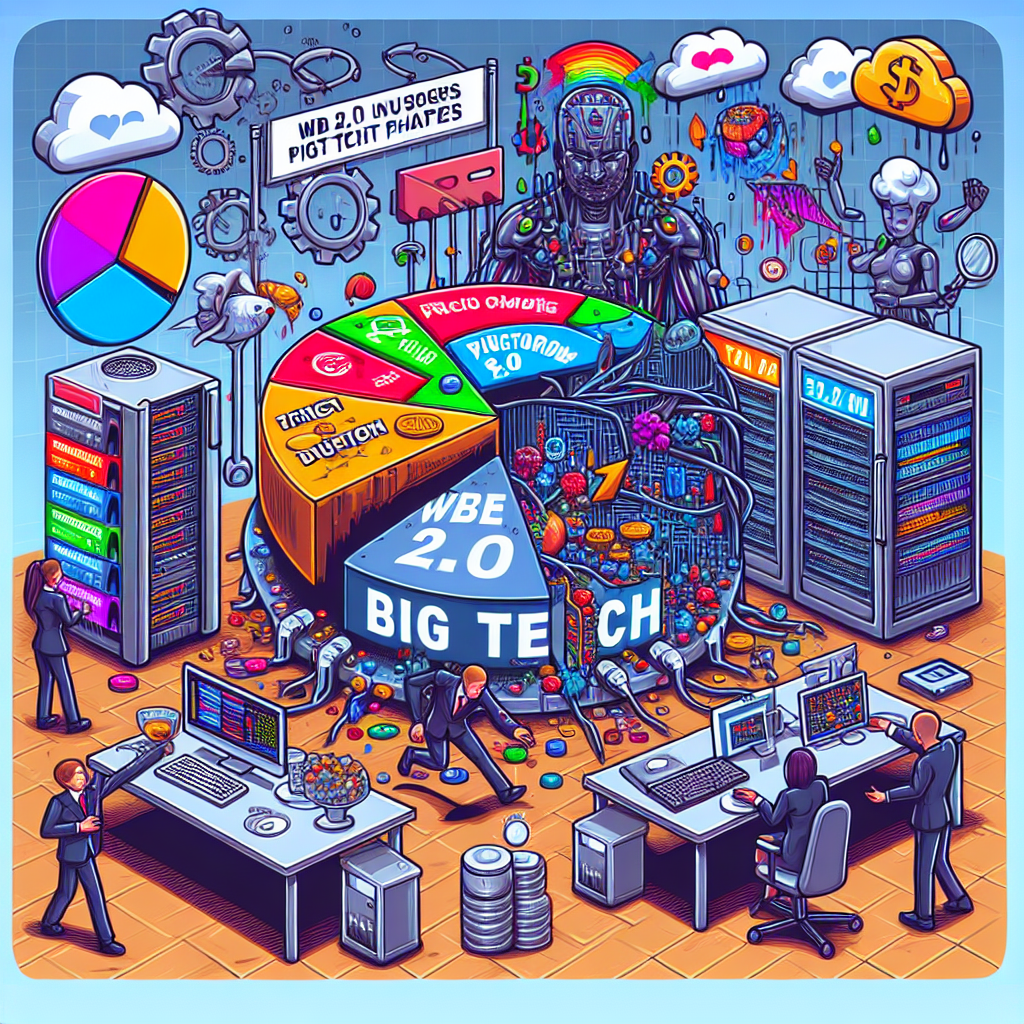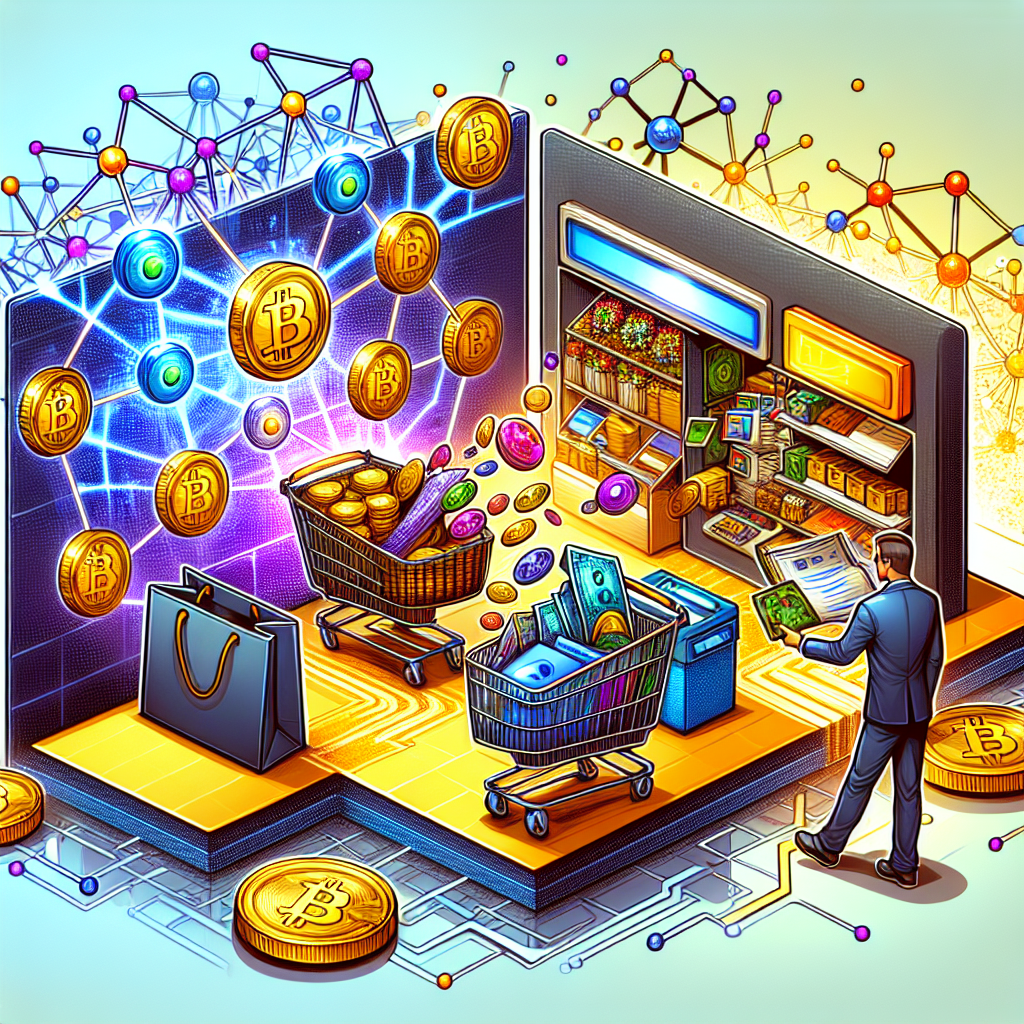Tag: Web 3.0
Cryptocurrencies and blockchain technology have seen a steady infiltration into various industries, and the gaming sector is no ...
The digital technology dominion is witnessing a revolutionary tide in the Asia-Pacific (APAC) region, as Web 3.0 and ...
According to a recent survey, a considerable majority of internet users believe they should receive a portion of ...
A Glimpse into Web 3.0 and Improved Shopping Experiences As we transition into the digital age, the way ...







